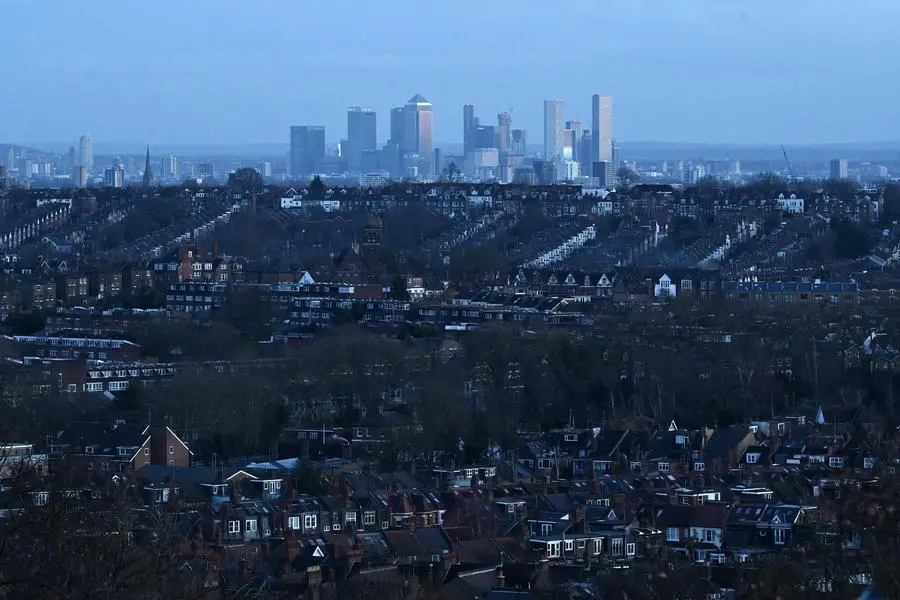PHOTO
Britain's economic output grew better-than-expected in May, official data showed Thursday, handing an early boost to the country's newly-elected Labour government.
Gross domestic product growth came in at 0.4 percent in May, which compared with flat GDP in April, the Office for National Statistics (ONS) said in a statement.
Analysts' consensus had been for economic expansion of 0.2 percent in May.
"Delivering economic growth is our national mission, and we don't have a minute to waste," Britain's new finance minister Rachel Reeves said in response to Thursday's data.
"A decade of national renewal has begun, and we are just getting started," added Reeves, who became the country's first female chancellor of the exchequer on her appointment by new Prime Minister Keir Starmer.
His centre-left Labour party last week won a resounding victory in Britain's general election, ending 14 years of rule by the Conservatives.
Reeves on Monday vowed to immediately "fix the foundations" of Britain's economy, fuelled by onshore wind power and house building.
ONS director of economic statistics, Liz McKeown, said the UK economy grew across all the main sectors in May.
"Many retailers and wholesalers had a good month, with both bouncing back from a weak April" when rainy weather kept shoppers away from physical stores, noted McKeown.
She added that "construction grew at its fastest rate in almost a year after recent weakness, with housebuilding and infrastructure projects boosting the industry".
The services sector meanwhile remained a key driver of growth after Britain exited a short-lived recession earlier this year.
Analysts said the GDP data could cause the Bank of England to sit tight for a while longer before starting to cut interest rates in the face of slowing inflation.
"This snapshot of an economy growing a bit faster than forecast could make Bank of England policymakers that bit more reticent about voting for an interest rate cut" at their next meeting on August 1, noted Susannah Streeter, head of money and markets at Hargreaves Lansdown.
Prior to Thursday's figures, markets had bet on a rate reduction at the BoE's next regular policy meeting.
With analysts predicting a September reduction as now more likely, the British pound on Thursday hit a four-month high against the dollar.





















